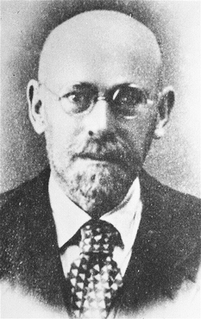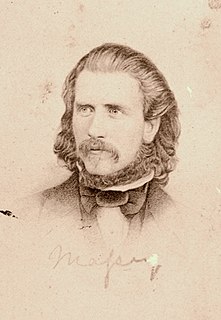A Quote by Oswald Spengler
The last man of the world-city no longer wants to live--he may cling to life as an individual, but as a type, as an aggregate, no, for it is a characteristic of this collective existence that it eliminates the terror of death.
Related Quotes
Why do we cling to life and why are we afraid of death? You may not have thought about it. The reason why we cling so much to life and why we are afraid of death is just inconceivable. We cling to life so much because we do not know how to live. We cling to life so much because really we are not alive. And time is passing and death is coming nearer and nearer. And we are afraid that death is coming near and we have not lived yet.
God knows our despair. God wants His chosen people to live in peace. God loves life, cares less about death. We need to live. I want to live, I want my children to live. Everyone I know wants to live. You have to ask yourself what is more important to you, life is death. What is this world about - life or death?
The strong individual loves the earth so much he lusts for recurrence. He can smile in the face of the most terrible thought: meaningless, aimless existence recurring eternally. The second characteristic of such a man is that he has the strength to recognize - and to live with the recognition - that the world is valueless in itself and that all values are human ones. He creates himself by fashioning his own values; he has the pride to live by the values he wills.
Man feels and ponders death as though it were the end, when in fact death is merely the continuation of life. It is another life. You may not believe in the existence of the soul, yet you must acknowledge that your body will live on as green grass, as a cloud. For you are, after all, water and dust.
The main characteristic of collectivism is that it does not take notice of the individual's will and moral self-determination. In the light of its philosophy the individual is born into a collective and it is "natural" and proper for him to behave as members of this collective are expected to behave. Expected by whom? Of course, by those individuals to whom, by the mysterious decrees of some mysterious agency, the task of determining the collective will and directing the actions of the collective has been entrusted.
Are we expected to live in a world where we can no longer send death threats to colleagues via email? Where we can no longer IM other people to suggest physically improbable and morally dodgy sexual practices? Where doctoring photos of people to place them in legally compromising positions is frowned upon? Who wants to live in that sort of world? Not this column, that's for sure.
Anyone who is kind to man knows the fragmentariness of most men, and wants to arrange a society of power in which men fall naturally into a collective wholeness, since they cannot have an individual wholeness. In this collective wholeness they will be fulfilled. But if they make efforts at individual fulfilment, they must fail for they are by nature fragmentary.
We are left with nothing but death, the irreducible fact of our own mortality. Death after a long illness we can accept with resignation. Even accidental death we can ascribe to fate. But for a man to die of no apparent cause, for a man to die simply because he is a man, brings us so close to the invisible boundary between life and death that we no longer know which side we are on. Life becomes death, and it is as if this death has owned this life all along. Death without warning. Which is to say: life stops. And it can stop at any moment.
By 'coming to terms with life' I mean: the reality of death has become a definite part of my life; my life has, so to speak, been extended by death, by my looking death in the eye and accepting it, by accepting destruction as part of life and no longer wasting my energies on fear of death or the refusal to acknowledge its inevitability. It sounds paradoxical: by excluding death from our life we cannot live a full life, and by admitting death into our life we enlarge and enrich it.
In today's highly interdependent world, individuals and nations can no longer resolve many of their problems by themselves. We need one another. It is our collective and individual responsibility to protect and nurture the global family, to support its weaker members, and to preserve and tend to the environment in which we all live.








































